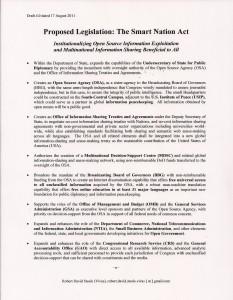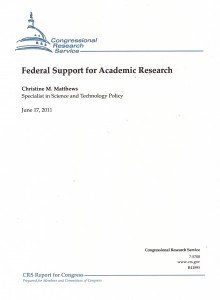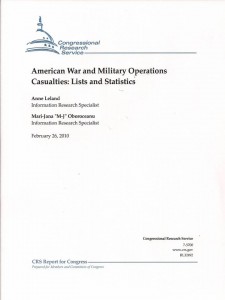
China's Currency Policy: An Analysis of the Economic Issues, July 22, 2013
International Illegal Trade in Wildlife: Threats and U.S. Policy, July 23, 2013
The 2010 Deepwater Horizon Oil Spill: Natural Resource Damage Assessment Under the Oil Pollution Act, July 24, 2013
Analysis of Renewable Identification Numbers (RINs) in the Renewable Fuel Standard (RFS), July 22, 2013
Proposed Transatlantic Trade and Investment Partnership (TTIP): In Brief, July 23, 2013
Hague Convention Treaty on Recovery of International Child Support and H.R. 1896, July 15, 2013
Kazakhstan: Recent Developments and U.S. Interests, July 22, 2013




